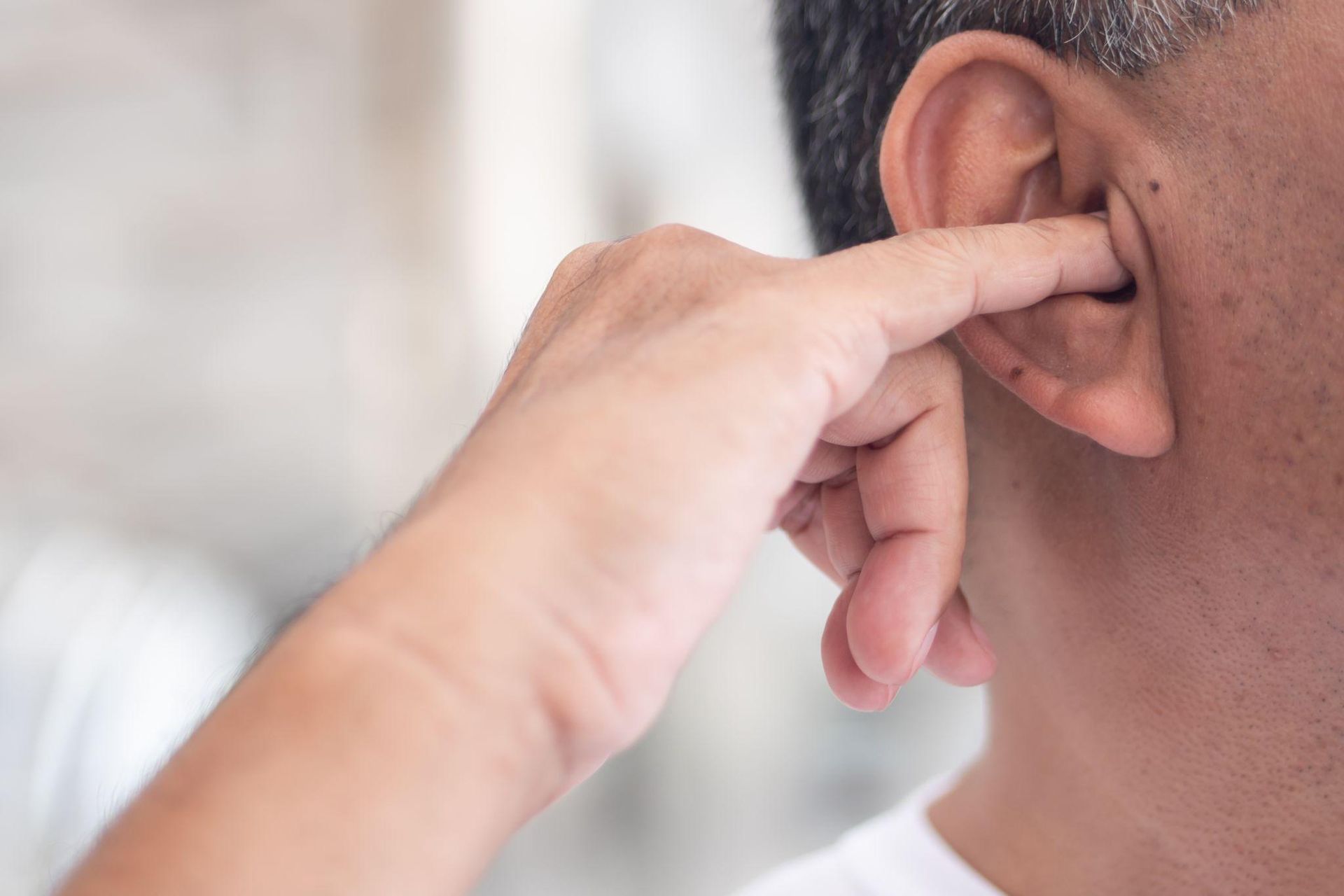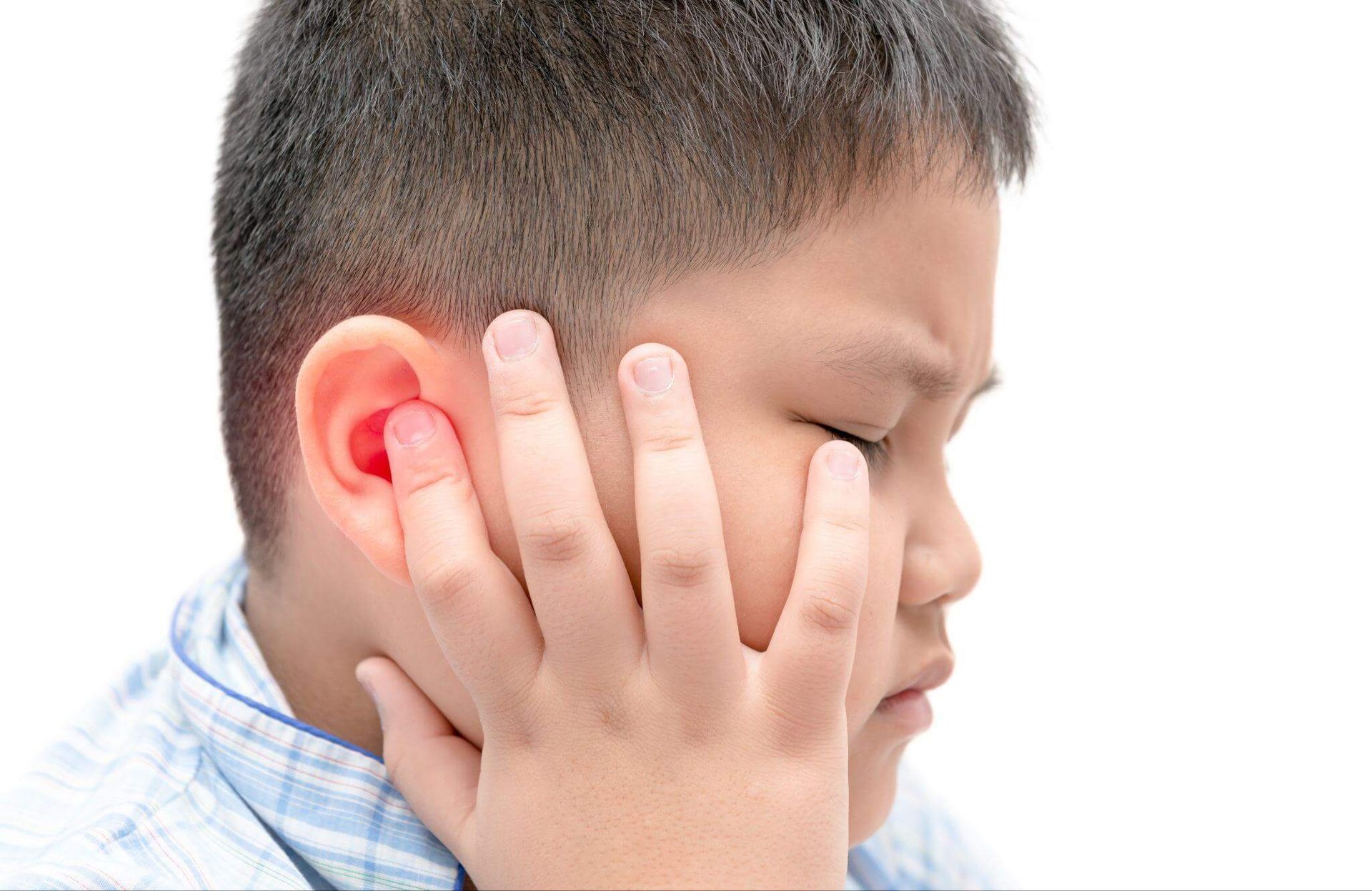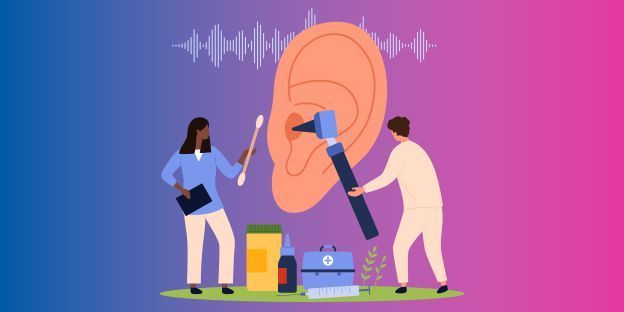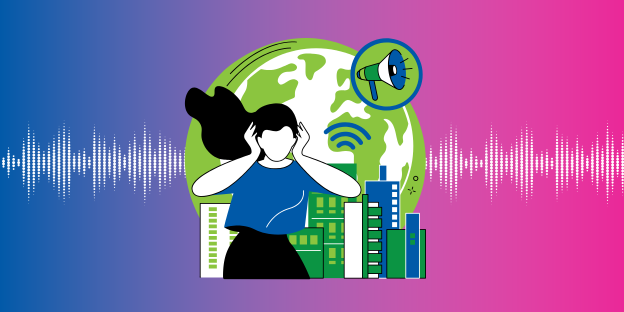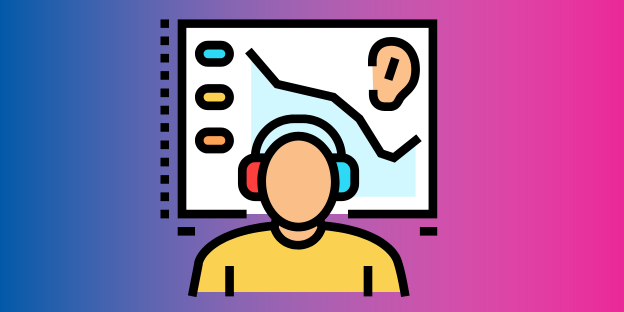Auditory Deprivation and How Hearing Loss Impacts the Brain
Experts often say that when it comes to hearing “You need to use it, or you’ll lose it”.
Everyday we’re learning more about how hearing loss affects the brain. One of the things we’re finding it that understimulation can lead to auditory deprivation.
What is Auditory Deprivation?
Auditory deprivation refers to situations where a person is deprived of sound to the point that it has a negative impact on their brain. Over time, the lack of stimulation can lead to sensory impairment, as their brain will start to reassign the areas responsible for processing sound to other tasks. These parts of the brain may even start to shrink from lack of use.
This means that if auditory deprivation goes on for too long, even when the person is able to hear sounds again, their ability to process those sounds may be permanently affected.
Can Hearing Loss Lead to Auditory Deprivation?
Untreated hearing loss can indeed lead to auditory deprivation. Your brain needs to be used to stay sharp. If you’re suffering from hearing loss, even if you don’t think it’s severe, you’re receiving less and less auditory input for your brain to process. Eventually this will lead those processing pathways to atrophy. This in turn will make it harder for you to understand the sounds that you are able to hear. Conversations will become harder to parse, and some people might even start to experience auditory hallucinations.
Luckily, wearing hearing aids can help avoid this, but it’s important to be proactive. Start using hearing aids early to manage your hearing loss and wear them regularly. If you have hearing loss in both your ears, it is also important to use two hearing aids so one ear doesn’t end up growing weaker than the other.
Can the Effects of Auditory Deprivation Be Reversed?

If you’re already suffering from the impacts of auditory deprivation there is hope that some of the effects on your brain can be reserved. Early research indicates that using hearing aids can improve auditory signal processing and possibly stop the shrinkage of sound processing pathways. Brain resources that were reallocated may even revert to processing sounds again.
It’s important to note, however, that the length of time the hearing loss goes untreated, and the severity of the auditory deprivation, will have an impact on how effective hearing aids can be in reversing these negative changes in the brain.
In short, treat your hearing loss as early as you can and ensure that you are using your hearing aids properly.
Hearing aids can make a huge difference in your ability to hear and on your mental wellbeing, but they are the most effective when they fit properly and are programmed correctly.
At Discover Hearing, our hearing aid practitioners and full-time registered audiologist are dedicated to providing you with personalized hearing solutions and the best care. If you think you might need a hearing aid, or are experiencing issues with your current hearing aid, contact Discover Hearing today to book an appointment and start hearing more clearly.






